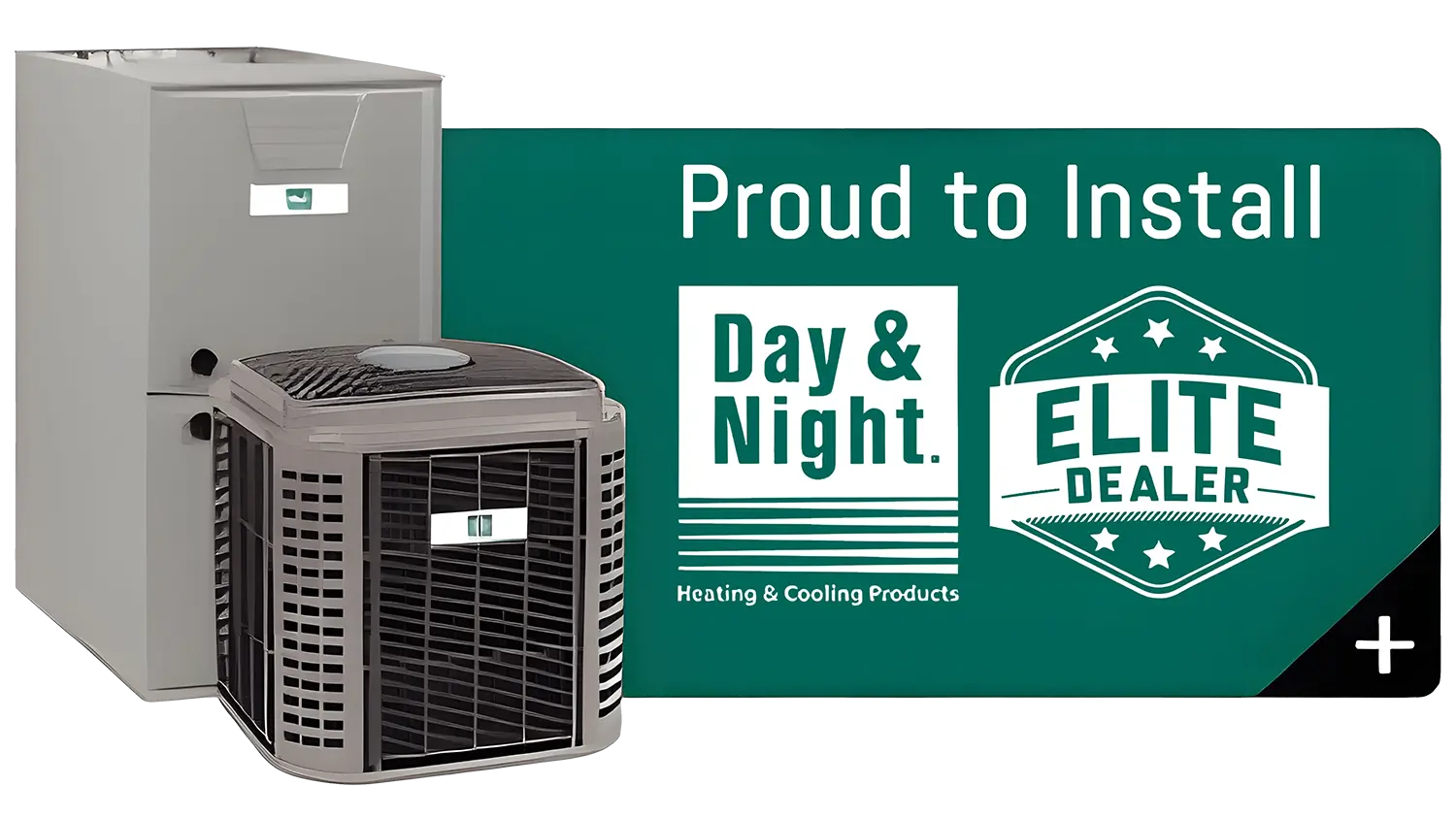FAQ's
Does Day & Night provide a warranty?
Day & Night is made in the United States at the same plant as Carrier. Most Day & Night units feature an outstanding 10-year parts limited warranty. * Other key components, such as heat exchangers, may carry a longer limited warranty.
How often do air filters need to be changed?
It varies based on home usage, pets and people with allergies. We always suggest the cheaper disposable filters in Colorado this will ensure that your air isn't restricted. We recommend looking at them every 30 days. Some filters may require changing more frequently as opposed to others so generally between 30 & 60 days.
How long does HVAC equipment last?
In general, most HVAC systems will last 15 to 25 years, but depending on the type of system and other contributing factors, that estimate can be highly variable. This may vary though if you buy a unit that is too big it will cool the home faster but will have short run cycles which will wear out the unit much faster. Your system starting and stopping more often , may cause it to use more energy and wear down faster. Longer run cycles are more efficient.
Is R-22 being discontinued?
For many years Freon, also called R-22 and chlorofluorocarbon (CFC), has been used in the air conditioning units and refrigeration industries. The United States decided to phase out R-22 by 2020. That means that Freon will not be available for replacement on older air conditioner units. Although we can still re-charge older units the cost of R-22 is very high.
What is a two-stage compressor?
As the name suggests, a two-stage compressor operates in two stages. Some two-stage compressors have one compressor with two stages, while others have two separate compressors. In either case, the unit runs in the lower stage, which is less than full capacity, the majority of the time. However, on the hottest days, it utilizes stage two, which operates at full capacity. Since the system is not running at full capacity all the time, it is quite efficient, which will save you on energy bills.
What causes AC units to freeze up?
Ironically, low refrigerant can cause your system to freeze up. Over time, wear and tear to your system can result in leaks that cause the system to lose refrigerant. When your unit loses refrigerant, it causes the system to freeze up because of low pressure inside the system. When freon levels are low, the refrigerant still is forced to expand to the same amount. The more that expansion occurs, the cooler the temperature is produced. The colder temperature will cause moisture in the air around your unit’s evaporator coil to freeze, eventually icing up the coil and impeding its function.
How often should I have my unit serviced?
It does depend on where you live but in Colorado we suggest two times per year once in the spring prior to using the AC and once in the fall before we use the furnace regularly. A good tech should not be at your home for 20 minutes. They should take the time to lubricate components, test the unit thoroughly and look for any potential problems.






